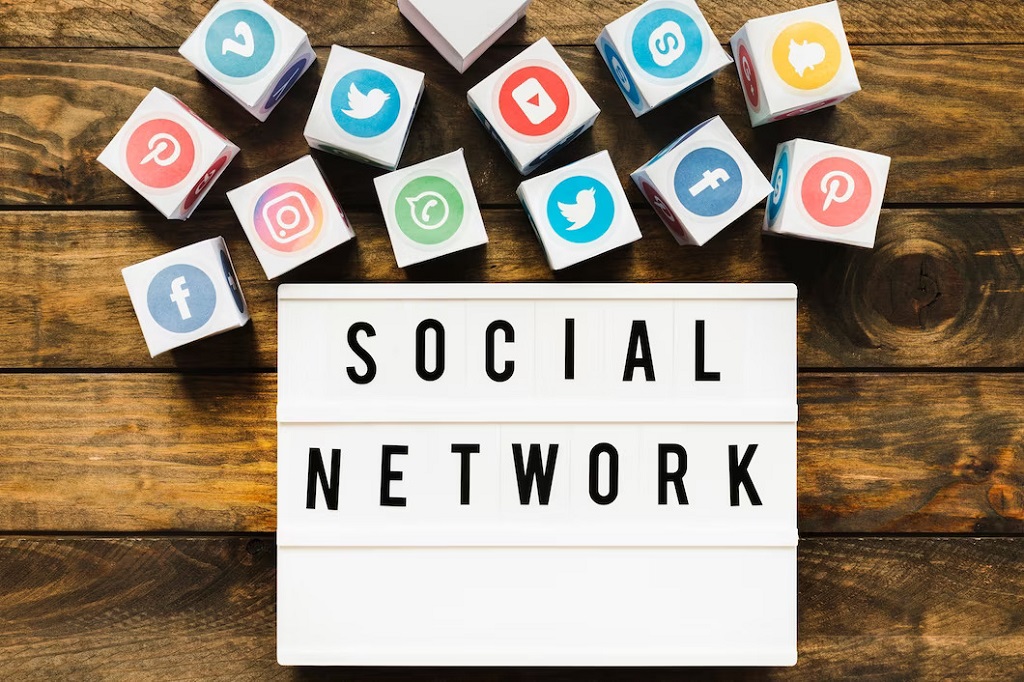
05 Aug What Are the Advantages and Disadvantages of Social Networking?
In this digital age, social networking has become an integral part of our lives. With its widespread popularity, it has transformed the way we communicate, connect, and share information. However, like any other technological advancement, social networking comes with its own set of advantages and disadvantages. In this article, we will delve into the positive and negative aspects of social networking, shedding light on how it impacts our lives. This content is explained by Newark67.com
Advantages of Social Networking
- Connecting People Worldwide: Social networking platforms have bridged the gap between continents, allowing individuals from different corners of the world to interact and build relationships. It has made the world a smaller place, facilitating communication and connections on a global scale.
- Easy and Accessible Communication Tools: Social networking sites offer various communication tools such as messaging, video calls, and voice chats, making it convenient for people to stay in touch with friends, family, and colleagues, regardless of geographical barriers. Discover the social networks benefits.
- Regular News Updates: Social media serves as a real-time news source, providing instant updates on current events, trends, and developments. This ensures that users stay well-informed and up-to-date with the latest happenings around the world.
- Establishing Personal Connections and Making New Friends: Social networking provides a platform to meet and connect with individuals who share similar interests and passions. It fosters new friendships and strengthens existing ones.
- Great Tool for Brand Marketing: Social media offers an effective and free means for businesses to promote their products and services. With the ability to reach a vast audience, it enhances brand visibility and recognition.
- Contribution to Greater Brand Recognition: By engaging with their audience on social media, businesses can build a strong brand identity and increase brand awareness among potential customers.
- Linking Countless Users: Social networking platforms enable millions of users to interact simultaneously, regardless of their location. This widespread connectivity has transformed the way we communicate and share information.
- Global Information Spread: Social networking makes it easy for people to share information globally. News, ideas, and stories can reach a vast audience, encouraging conversations and interactions between individuals from diverse backgrounds.
- Facilitating Global Relationships: Social media has played a significant role in fostering cross-cultural relationships and promoting understanding among people from different parts of the world.
- Supporting Internet Commerce and Marketing: Social networking has revolutionized the world of e-commerce, providing businesses with a powerful platform to market their products and services to a global audience.
Disadvantages of Social Networking
- Privacy Concerns and Data Leakages: Social networks often store personal information, and despite their efforts to maintain security, there have been instances of data breaches and information leakages.
- Privacy and Security Issues: The ease of sharing information on social media can lead to privacy and security concerns, as individuals may unknowingly reveal sensitive data to the public or potential hackers.
- Potential for Online Harassment and Addiction: Social networking sites can become breeding grounds for online harassment, cyberbullying, and addiction, impacting the mental well-being of individuals.
- Distraction for Some Individuals: For many people, social media can be a major distraction, affecting productivity and focus, especially in academic and professional settings.
- Promoting Anti-Social Behavior: Ironically, while social networking connects people digitally, it can lead to a decline in face-to-face interactions, leading to feelings of isolation and loneliness.
- Reduction in Physical Interactions: Excessive reliance on social media can lead to a decline in physical interactions, affecting the development of interpersonal skills.
- Increased Cybercrime and Hacker Risk: With the massive influx of personal information on social networking sites, the risk of cybercrime and hacking has also risen significantly. Internet safety has become a major concern as users expose sensitive data and unknowingly become vulnerable to various online threats.
Conclusion
Social networking is a powerful tool that has revolutionized communication and connectivity. It has connected people worldwide, facilitated easy communication, and provided a platform for brand marketing. However, it is essential to be aware of the downsides, including privacy concerns, online harassment, addiction, and reduced physical interactions. As users, we must strike a balance and use social media responsibly to enjoy its benefits while mitigating its potential drawbacks.
FAQs
Is social networking addictive?
Social networking can become addictive for some individuals, leading to excessive usage and dependency on these platforms. It is crucial to use social media mindfully and take breaks when needed.
How can I protect my privacy on social media?
To protect your privacy on social media, ensure you use strong and unique passwords, limit the amount of personal information you share, review and adjust privacy settings, and be cautious about accepting friend requests from unknown individuals.
Can social networking be beneficial for businesses?
Yes, social networking can be highly beneficial for businesses. It provides an effective and free platform for marketing, brand promotion, and customer engagement.
What are the potential risks of oversharing on social media?
Oversharing on social media can lead to privacy and security issues. Revealing too much personal information can make you vulnerable to identity theft, cyberbullying, and other online threats.
How can social media influence our mental health?
Social media can influence mental health positively or negatively. While it can provide a sense of connection and support, excessive usage, cyberbullying, and comparing oneself to others can lead to anxiety and depression.


No Comments